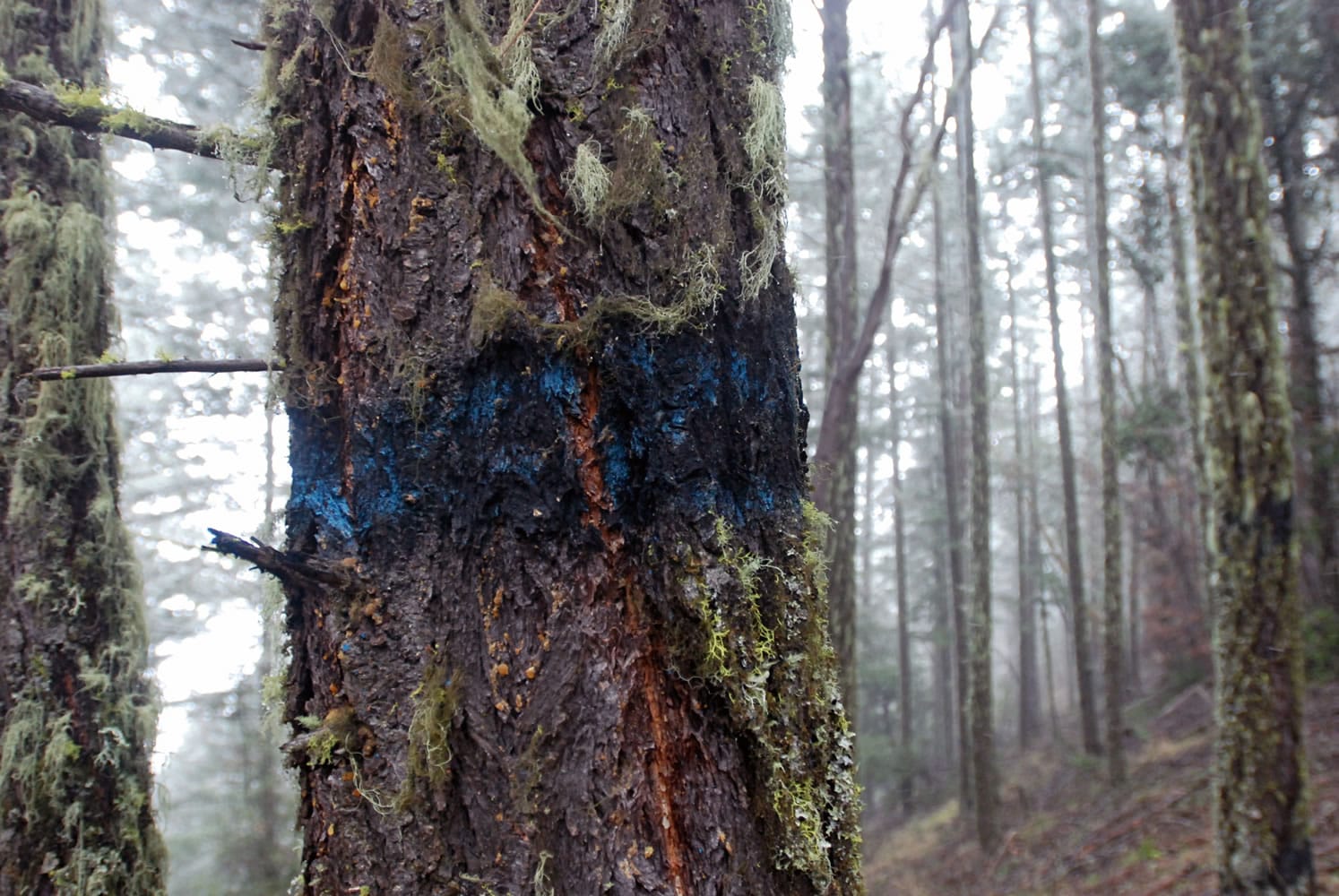WASHINGTON — The Republican-controlled House Friday approved a bill to sharply increase logging in national forests — a measure the GOP said would create jobs in rural communities and help reduce wildfires that have devastated the West.
The bill also would add hundreds of millions of dollars in revenue from new timber sales while reviving an industry that has shed tens of thousands of jobs in the past three decades.
Opponents called the bill a giveaway to the timber industry and said it would harm water quality and habitat for fish and wildlife and jeopardize recreation areas that have become a major source of jobs in national forests.
The White House has threatened to veto the bill, which was approved on a 244-173 vote. Seventeen Democrats joined 227 Republicans to back the bill. Just one Republican, Rep. Chris Gibson of New York, opposed the bill.
The Obama administration says the measure would jeopardize habitat for endangered species, increase lawsuits and limit the president’s ability to create national monuments.
The bill as passed has little chance of approval in the Democratic-controlled Senate, although senators have not ruled out adoption of a forest management bill.
The House bill’s sponsor, Rep. Doc Hastings, R-Wash, said wildfires burned 9.3 million acres last year, while the Forest Service only harvested timber from about 200,000 acres. “We burned 44 times more acres than we’ve managed,” Hastings said. “Imagine the carbon imprint” of those wildfires, which are fed in part by overstocked forests.
“Lack of management to remove excess growth is making our forests increasingly susceptible to catastrophic wildfires that threaten public safety, the economic livelihood of communities, water supply and forest health,” Hastings said.
Environmental groups criticized the bill.
“They’re viewing our national forests as big ATM machines that they can just level out to fill county coffers,” said Noah Matson, vice president of Defenders of Wildlife, an environmental group.
Increased logging “is not a sustainable, long-term solution” to economic problems in the rural West, Matson said, adding that an increase in logging jobs could be offset by a decrease in outdoor recreation jobs that have increasingly come to dominate rural Western economies.
The bill includes a provision developed by members of the Oregon delegation to turn over half of federally controlled lands in western Oregon to a state-appointed trust that would manage them for timber production. The other half would be managed for fish and wildlife habitat, including creation of new wilderness areas. The measure also includes a federal subsidy for timber-dependent counties until the logging revenues start to come in.
The bill makes logging a requirement on some public forestland, speeding up the timber sales process and making it more difficult for legal challenges to be filed. If enacted, the bill could again result in clear-cutting of national forests, Matson said, calling that a return to misguided policies that harmed wildlife and the environment for generations.
The Congressional Budget Office estimates the bill would increase revenue from timber sales by about $2 billion over the next 10 years, with a net gain to the government of about $269 million over that period.



